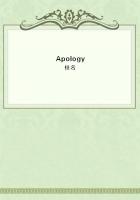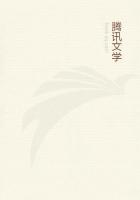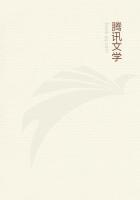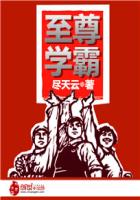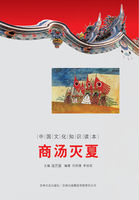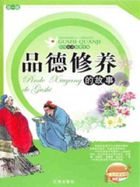For a moment the news roused Glennard to a jealous sense of lost opportunities. He wanted, at any rate, to reassert his power before she made the final effort of escape. They had not met for over a year, but of course he could not let her sail without seeing her. She came to New York the day before her departure, and they spent its last hours together. Glennard had planned no course of action--he simply meant to let himself drift. They both drifted, for a long time, down the languid current of reminiscence; she seemed to sit passive, letting him push his way back through the overgrown channels of the past. At length she reminded himthat they must bring their explorations to an end. He rose to leave, and stood looking at her with the same uncertainty in his heart. He was tired of her already--he was always tired of her--yet he was not sure that he wanted her to go.
"I may never see you again," he said, as though confidently appealing to her compassion.
Her look enveloped him."And I shall see you always--always!" "Why go then--?" escaped him.
"To be nearer you," she answered; and the words dismissed him like a closing door.
The door was never to reopen; but through its narrow crack Glennard, as the years went on, became more and more conscious of an inextinguishable light directing its small ray toward the past which consumed so little of his own commemorative oil. The reproach was taken from this thought by Mrs. Aubyn's gradual translation into terms of universality. In becoming a personage she so naturally ceased to be a person that Glennard could almost look back to his explorations of her spirit as on a visit to some famous shrine, immortalized, but in a sense desecrated, by popular veneration.
Her letters, from London, continued to come with the same tender punctuality; but the altered conditions of her life, the vistas of new relationships disclosed by every phrase, made her communications as impersonal as a piece of journalism. It was as though the state, the world, indeed, had taken her off his hands, assuming the maintenance of a temperament that had long exhausted his slender store of reciprocity.
In the retrospective light shed by the letters he was blinded to their specific meaning. He was not a man who concerned himself with literature, and they had been to him, at first, simply the extension of her brilliant talk, later the dreaded vehicle of a tragic importunity. He knew, of course, that they were wonderful; that, unlike the authors who give their essence to the public and keep only a dry rind for their friends, Mrs. Aubyn had stored of her rarest vintage for this hidden sacrament of tenderness. Sometimes, indeed, he had been oppressed, humiliated almost, by the multiplicity of her allusions, the wide scope of her interests, herpersistence in forcing her superabundance of thought and emotion into the shallow receptacle of his sympathy; but he had never thought of the letters objectively, as the production of a distinguished woman; had never measured the literary significance of her oppressive prodigality. He was almost frightened now at the wealth in his hands; the obligation of her love had never weighed on him like this gift of her imagination: it was as though he had accepted from her something to which even a reciprocal tenderness could not have justified his claim.
He sat a long time staring at the scattered pages on his desk; and in the sudden realization of what they meant he could almost fancy some alchemistic process changing them to gold as he stared. He had the sense of not being alone in the room, of the presence of another self observing from without the stirring of subconscious impulses that sent flushes of humiliation to his forehead. At length he stood up, and with the gesture of a man who wishes to give outward expression to his purpose--to establish, as it were, a moral alibi--swept the letters into a heap and carried them toward the grate. But it would have taken too long to burn all the packets. He turned back to the table and one by one fitted the pages into their envelopes; then he tied up the letters and put them back into the locked drawer.


